Chile in general is pretty straighforward. You’re not going to arrive and notice that everything is exactly upside down and opposite from how your expected. This, in fact, leads to something I like to call cultural seasickness. Everything is just a few degrees off of what you were expecting. It’s unsettling, but eventually you get used to it.
I recently went to the supermarket (in my case, the Santa Isabel on Huerfanos) with my newgringoeyes on. Newgringoeyes is what I call it when you go where you’ve always gone, but imagine it’s the first time and try to remember what would have jumped out at you.
So the supermarket. First, there is a security guard standing by the lockers, yes lockers. The lockers are where you may (but are not required to) leave biggish things you don’t want to schlep through the supermarket, for the returned-to-you-later price of 100 pesos. The security guard though, is not optional. He will cleverly wrap a piece of unrippable tape around the neck of any plastic bag you may already be carrying, leading you to rip the bag to shreds to remove the contents later. But hey, it’s his job. Don’t make him sad; let him tape the bag.
Within the supermarket there aren’t too many surprises. Sure, there’s the nescafe and tea aisle, and the tunafish aisle, both of which seemed excessive to me. It’s always fun to check out what’s on the “international” shelf. Nutella, barbecue sauce, sometimes rosewater. No one knows why. Eggs sit unrefrigerated, so that might come as a surprise, and the milk is shelf-stable. Nearly everything, including cream, ketchup, tomato sauce and mayonnaise (which pretty much has its own aisle, too) comes in a bag. There’s a whole case of cheese that all tastes exactly the same, and is attended by a crew of cheese-and-meat workers, who count out slices all day long, since most everything comes presliced. Don’t forget to bag and weigh all your freshies, unless they say por unidad (sold singly) on them. Failure to do so will cause a major line backup and not a single bit of muttering by your very polite Chilean neighbors, but seriously, don’t be a jerk. Weigh your stuff.
At the line area there aren’t too many more surprises. We’ve recently started getting some American candy, so the impulse purchase impulse is greater than it used to be. I’ve seen snickers and milkyway, in addition to the long standing M&Ms and giant kitkat. You’ve got your old señoras with just one item who try to sneak in front of you (I usually let them, but I kind of make them say gracias), and your tottery drunkards buying another bottle of pisco at 10:00 in the morning. It’s all very picturesque.
Okay, so it’s finally your turn, and the cashier says “Buenos días.” You should respond in kind. She will then say something to you that means nothing to you as a visitor. It might be acumulas puntos? (do you collect points), tienes tarjeta Jumbo (do you have a Jumbo card?) etc. At any rate, your answer to the first question you are asked is probably no.
Then the cashier will tell you the price. If you choose to pay by credit or debit, she will ask you cuantas cuotas (how many installments) because we have a tremendous consumer credit problem here from big screen tvs all the way down to Confort-brand toilet paper (which stands in for the name of the product, like Band-Aids in the United States). You may answer “una sola” (just one) or “sin quotas” (no installments) if you want to be billed all at once. If instead you pay by cash, well then fork it over.
Here’s where you find out how well you did. If you pulled it off like a Chilean, with your body language, slang, hair and clothes just right, or at least like a foreigner who’s been in Chile for a long time, the cashier will then ask you if you’d like to donate the singe-peso part of your change. Your bill was 2,632, and you gave her 2700. She’ll ask you if you’d like to donate three pesos. Dona 3 pesos? It’s for some foundation or another, and to be honest, I haven’t really investigated too throroughly but I figure that for the equivalent of 1/6 of a US cent per peso, I’m not that invested in finding out. At this point, the baggerchick or baggerdude (who work as volunteers) hand you your bag/s, and you should, custom dictates, hand him or her some change. This might be proportionate to how much they packed, how good a job they did, how many facial piercings they have, etc. If I have 100 pesos (about 15 cents these days), I’ll give that, or maybe more if I have more change around and am feeling generous. And also if they didn’t give me the look of death when I suggested to them that I did not need eleventeen bags for the three items I purchased, or when I hand them the reusable bags I have brought.
But sometimes the cashier will not ask you “dona tres pesos?” and you end up with a handful of this:
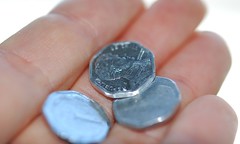
Which is annoying because you can’t really spend the one peso coins anywhere, except the supermarket (they don’t even take them at the metro), and now you have more fairly worthless metal in your pocket. But the worst indignity of all is that the cashier didn’t ask you to donate the pesos. Which means she looked you in your gringo face and decided that your Newgringoself doesn’t speak enough Spanish to understand the question or hasn’t been here long enough to know about donating pesos.
At which point I usually trot out in my best Chilean accent “Si me hubieses preguntado, donaba los 3 pesitos” (Had you asked, I’d have given you the three tiny pesos.” And then I take my eleventeen bags and walk home.
And now: bonus coin picture! with explanations!
from left to right, 1 peso coins, 5 peso coins (nearly as useless, also accepted almost nowhere), 10 peso coins, 50 peso coin, old and new 100 peso coins (also referred to as gamba), and 500 peso coin (also called kina, referring to quinientos (500) pesos, shortened to quina, and written kina because we feel slightly subersive (but not too much) when we replace qu- with k. Like the rosewater, I’m not sure anyone really knows why.
Next time: Where can I find convenience foods in Chile?

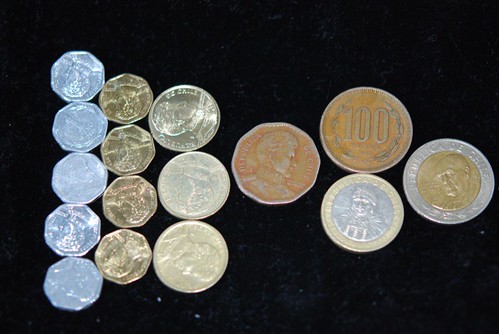
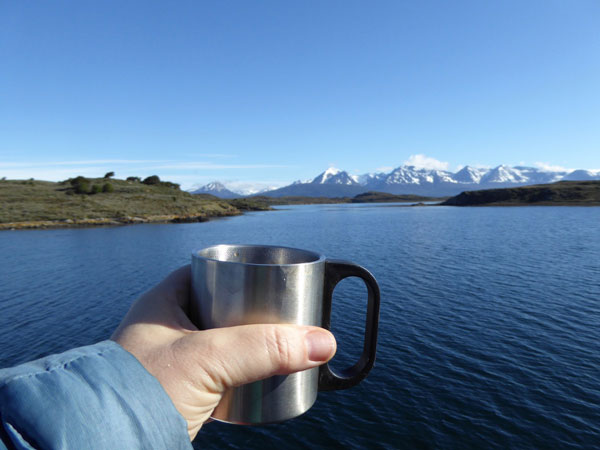
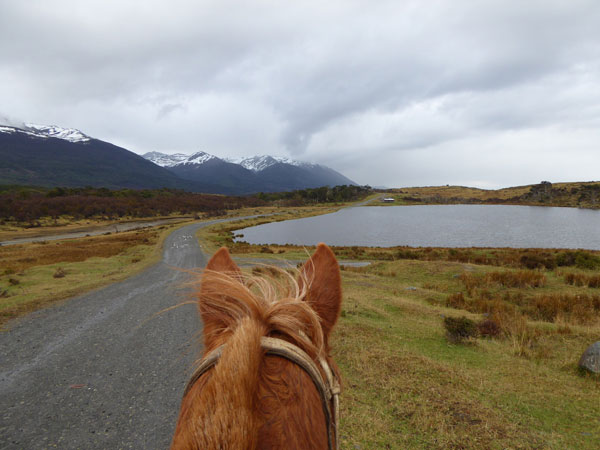
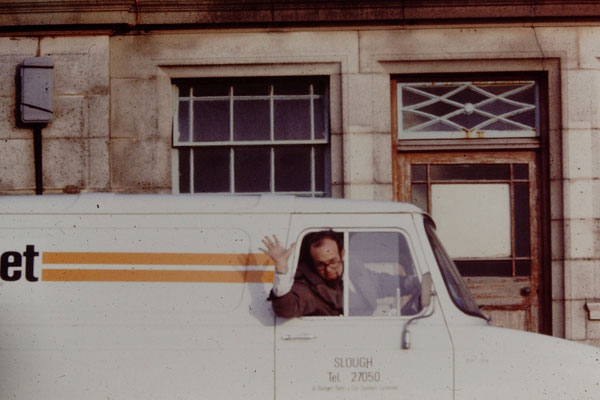
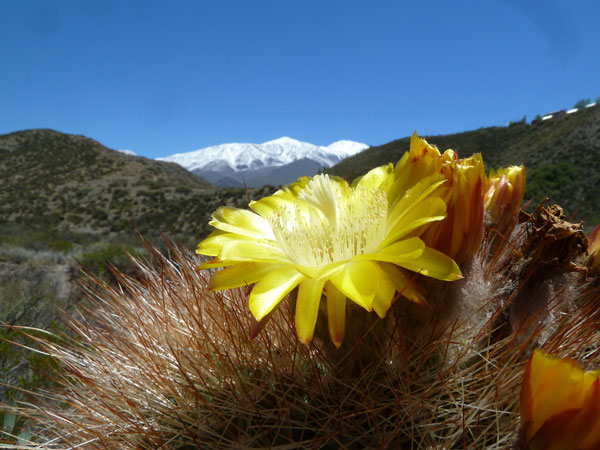

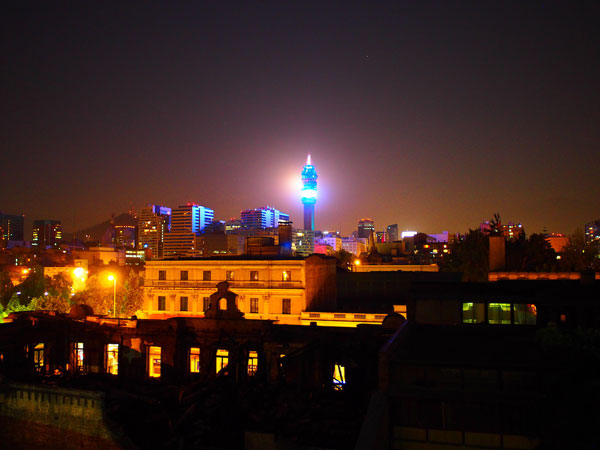
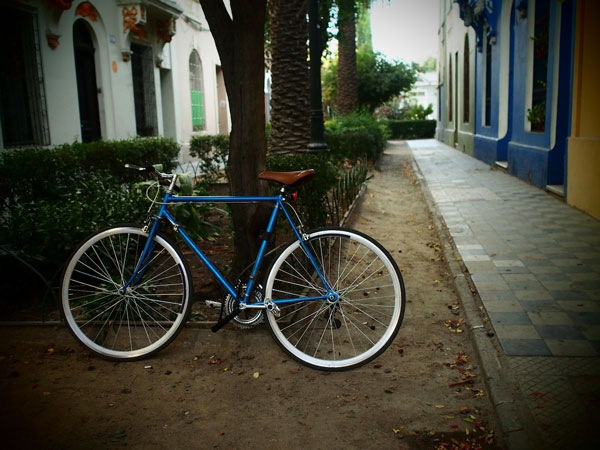


I love this. It’s a little bit of everyday life which is also so different around the world. Thank you for looking through your newgringoeyes for us.
great blog! keep it up!
http://www.labicicletaverde.com
peter
This is a very accurate description about buying in a chilean supermarket (maybe it is because i use to buy there too, lol).
Talking about 1 peso coins, some people here refers to them as “challa”.
The word “challa” is a quechua word that seems to mean “fiesta” in spanish. This coins are so light that resemble “challa”, wich in Chile, are little circles of paper that people use to throw one to each other in a party.
I think that paper challa are very more usefull than 1 peso coin.
Claudio.
buenísimo! it took my newgrinoears for.e.ver to dissect “acumulapuntos?” what? just in life? are those like ‘kudos’? some chilean brand of karma??
the chilean supermarket has a life of its own. thanks for your paso a paso account of it!
good idea.. i’ve been thinking about doing a lider photoessay.
about donating your pesos– the supermarkets claim the money which the customers have donated as THEIR (the supermarkets’) tax write off. so lider/jumbo/etc take your 3 pesos, add that to everyone else’s 3 pesos, tell the government THEY (and not you) donated kajillions of pesos to the hogar de cristo, and as a result, lider/jumbo pay less taxes. the hogar de cristo benefits, but the government loses millions in tax dollars, and every chilean citizen is worse off.
so i don’t donate my pesos. this is sometimes a problem because the cashier doesn’t have the change– of course they don’t, the supermarkets don’t have to pay taxes when you donate your monedas! but this isn’t my problem. it’s the supermarket’s responsibility to have enough change to give me so i let them use their radio and find it.
i found your blog through a chilespouses e-mail and i’m glad i did! i’m having a good time reading it.
@cavils in Chile, I think I vaguely knew that, plus there are questions in my mind about some of the charities they choose (would I choose them myself?), but still I donate.
I do so mainly because I’d rather not have the coins, and maybe also because on some small level I realize that I am unlikely to seek out a charity for a cash donation here in Chile. But you make a very valid point, and I might have to reconsider this.
Glad you found me, and I hope to see you around here some more!
eileen
In 2000, I lived near a Santa Isabel. Since I don’t like the forced donations, I always took home the 1 cent coins. One day, annoyed, I tried to pay for a gansito– like 150 pesos with a couple 10s and about 20 one cent coins. They refused to take them!!! The same supermarket that had given them to me!
I ended up dontating them to an orphanage. The kids use them to bet and play games.
I just found your blog today and I’m loving it!
I was born in Chile but have grown up elsewhere since I was 4, Mexico City and Chicago mainly, and only this past April had the opportunity to visit the home country (which somehow still seems odd for me to say as it elicits images of old Eastern Europeans reminiscing on their youth but I digress). I found myself experiencing quite a bit of that cultural seasickness myself. From the sit down food at gas stations to standing in three separate lines to buy bread I certainly saw things with gringo eyes! On my second to last day in Chile I was walking up Providencia and popped into an Ekono where I bought a bottle of juice. The woman at the counter asked if I wanted to donate a peso. Apparently, despite my Americanized ways my Chilenidad still shone through. In my hurry I didn’t really grasp that the juice was priced at 499 (or was it 399?) instead of an even 500 or why this woman was asking me to give a peso. Only after I’d opened the juice bottle did I notice I had some 100 peso coins and a silly, worthless 1 peso coin…then I glanced back to the register and noticed the sign stating which charity the coins went toward. Oh, Chile I don’t get you at all.
Hi – I’m back reading my way through your blog because it resonates so much with me – and makes me miss Chile like you wouldn’t believe! I lived in Santiago for a year when I was 18, 7 years ago now, and I still can’t stop thinking about returning and living in Chile one day maybe. It’s just such a long way from the UK! Anyway, I just had to comment on this post because the problem of the tres pesitos is one that used to plague me! I would always be asked this weird question at the supermarket, and not understanding a word of Spanish when I arrived, I would shake my head and say no, and then wonder why the cashier would look at me strangely. What on earth was I saying no to? It wasn’t until a few months later that I realised they were asking if I wanted to donate the small change! All that time I had been saying no! I must have looked like a proper stingy gringa!
Thank you so much for this blog; I’m absolutely loving reading about your Chilean life and experiences 🙂 Hopefully I’ll be back in Chile soon!